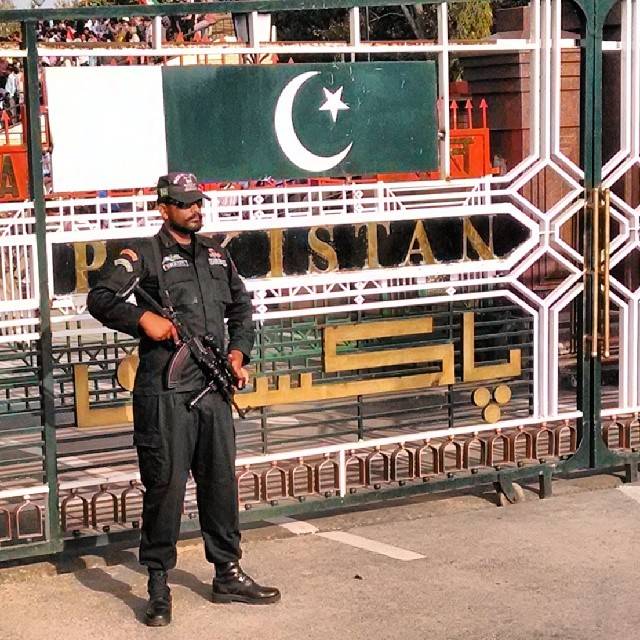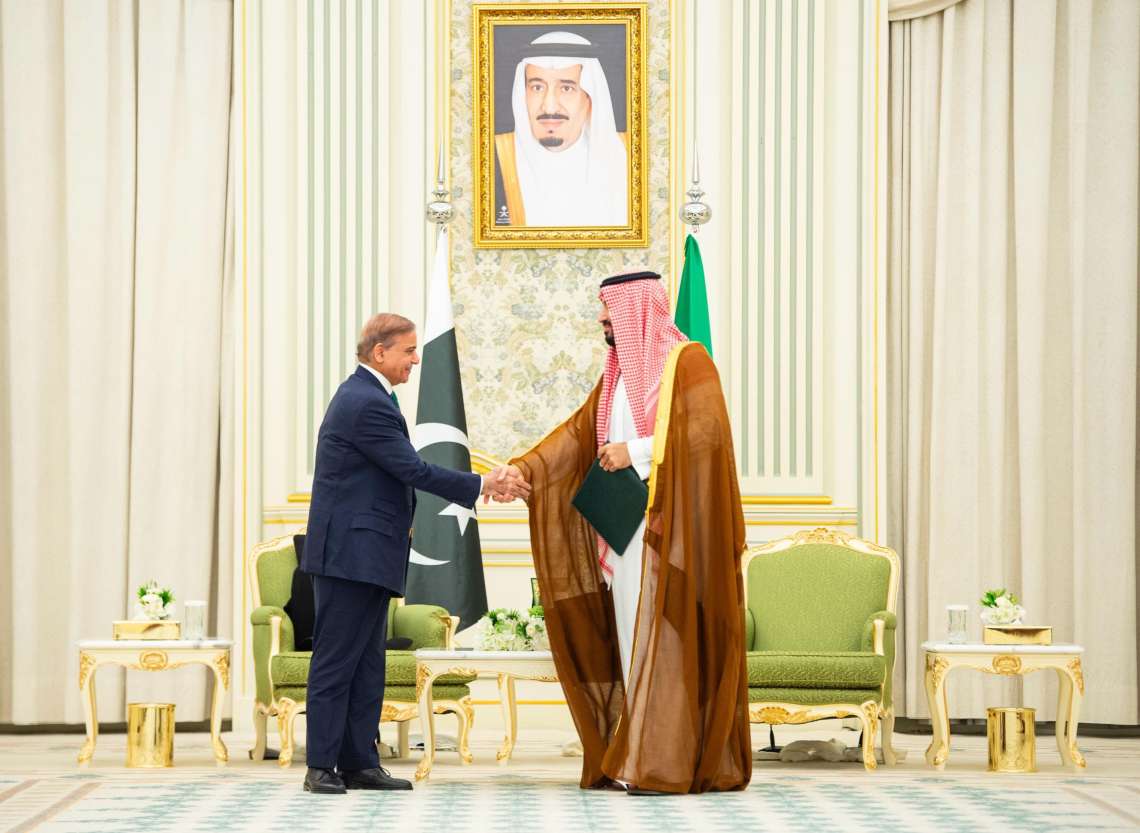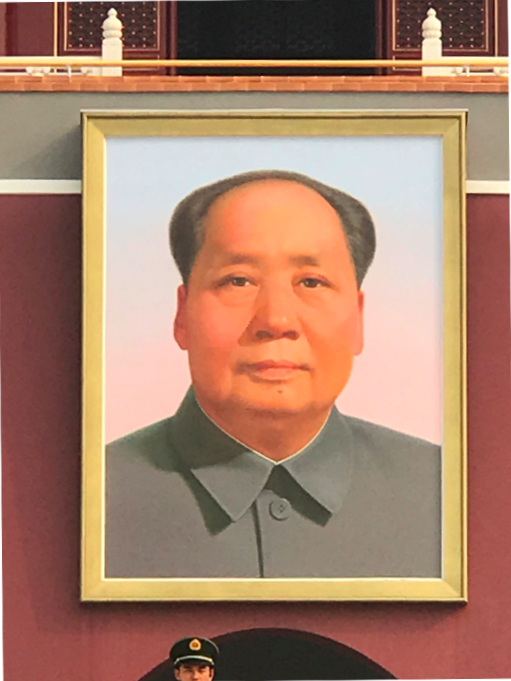Child abuse is under-reported due to social and economic reasons. The abusers are politically and economically powerful, while the victims are the underdog, punished further if they complain … writes Dr Sakariya Kareem
Pakistan last week vehemently rejected the charge of deploying child soldiers, on being listed by the United States Department’s annual Trafficking in Persons (TIP) report, 2021. But it cannot escape the charge of tolerating child abuse that is rampant and goes largely unpunished.
A report just out says eight children, both boys and girls, are abused daily in Pakistan. There was a four percent increase during 2020. Punjab, the most populous province, does not have a comprehensive institutional arrangement to monitor and curb the growing crime.

Sexual abuse of minor children covers both boys and girls. The latter are worse off. Together, the ratio is 49 percent to 51 percent. Thriving as a result is an illegal business of promoting child pornography wherein the victim is often forced to face the camera.
Child abuse is under-reported due to social and economic reasons. The abusers are politically and economically powerful, while the victims are the underdog, punished further if they complain.
There is also an indirect religious sanction in that much of the crime occurs in madrassahs and involves the powerful teachers/staff against hapless students.
NGOs investigate and report the crime, but the religious seminaries reject it as a way to malign them by ‘secular’ bodies, and claim that that they have their own way of punishing the crime.
Child abuse has a history as a form of human slavery and is called “bacha bazi”, the slang for a practice that is prevalent in parts of Afghanistan and Pakistan. According to Wikipedia, it is “a custom created in Afghanistan involving child sexual abuse between older men and young adolescent males or boys, who are called dancing boys.”
“In the 21st century, Bacha bazi is reportedly practiced in various parts of Afghanistan and Northwestern Pakistan. Force and coercion are common, and security officials state they are unable to end such practices because many of the men involved in bacha bazi-related activities are powerful and well-armed warlords.”
While the practice in Afghanistan has been depicted in world cinema, including Afghan journalist Najibullah Quraishi’s documentary film, “The Dancing Boys of Afghanistan” that attracted horror and criticism from the world community, no such effort has been made about this crime in Pakistan.
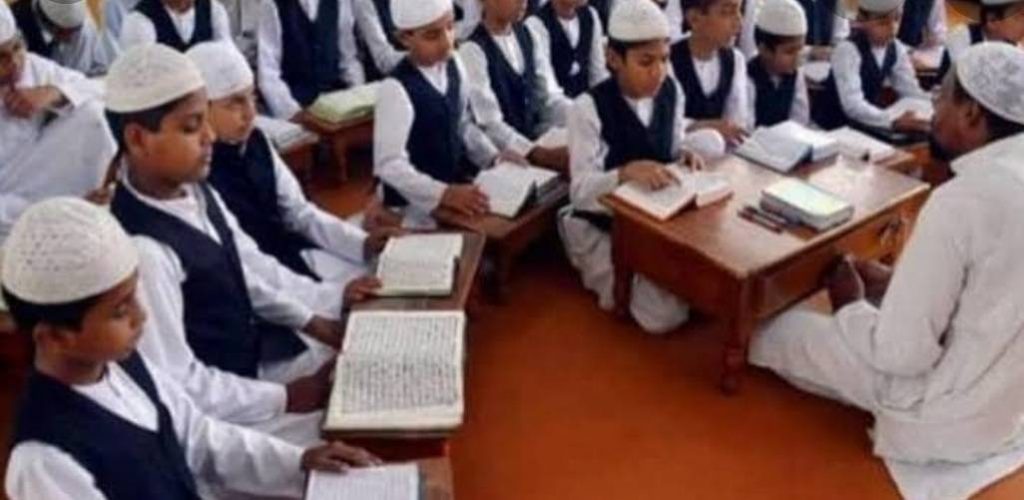
But Punjab Police was forced to release information in response to the Right to Information Commission where it conceded 312 cases of children kidnap, their rape and gang-rape were registered only in Lahore from January to October 2020. Out of those cases, 275 were about kidnapping of children, 22 about child rape and 17 were about gang-rape of children. The police arrested 152 alleged criminals, challans of 87 cases were submitted in courts, and seven cases were still pending inn courts. According to the record, only five persons were awarded sentence in all the cases, (The News International, July 3, 2021).
The report by Asif Mahmud said: “In 2017, a case in Peshawar came to light in which the head of a religiously oriented school was accused of raping students and others who worked at the school and placing cameras to record the act. Despite the presence of this evidence, he has now received bail from the Peshawar High Court after being sentenced to 105 years by a Sessions Court.”
Mahmud says that “in the past women who have complained of sexual assault, sometimes after marriage, have had acid thrown on them by husbands as a form of rejection or to punish the victim rather than the perpetrator.”
Lahore recently witnessed a controversy of a cleric running a madrassah was filmed by the victim. Sabir Shah, a student at a Lahore religious school stated that he was sexually abused by Mufti Aziz ur Rehman for over an year. After it went viral, the cleric went into hiding. Caught, he confessed and is on trial. Such cases are, however, rare, media reports say.
Dawn reported on April 9, 2021: “As many as 2,960 major crimes against children were reported in the four provinces, including Islamabad Capital Territory (ICT), Azad Jammu and Kashmir (AJK) and Gilgit-Baltistan (GB) in 2020.
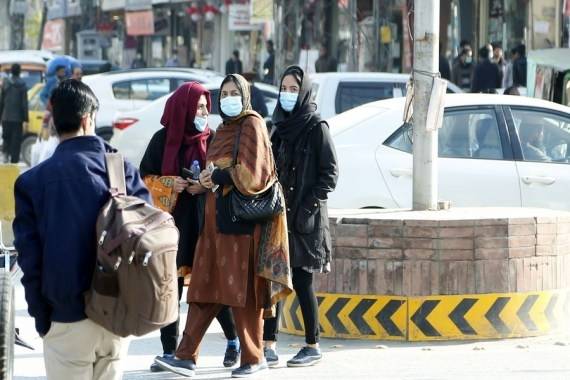
According to data released by an NGO, eight children were abused every day in Pakistan in one form or the other while 51pc of the victims were girls and 49pc boys.
The report, ‘Cruel numbers 2020’ is a compilation of statistics on crimes against children, including child sexual abuse, abduction, missing children and child marriages. The report was compiled by Sahil, based on cases reported in 84 national and regional newspapers in 2020.
According to Sahil’s Executive Director Manizeh Bano Children most vulnerable to abuse belonged to the age group of 6-15 years. Moreover, children as young as 0-5 years were also sexually abused.
The data showed that more than 80pc of the abusers were known to the children. In most of the cases, the abusers were either acquaintances (1,780) or service providers (109) such as teachers, shopkeepers and drivers. In a total of 91 cases, family members and relatives and in 92 cases neighbours were involved. In only 468 cases, strangers abused the children.
Out of the total 2,960 cases, 1915 (65pc) were reported from rural areas and 1,045 (35pc) from urban areas.
Drawing a contrast in relative inaction on child abuse with other issues, The News International (July 1, 2021) says: “Religious uproar on issues relating to blasphemy or any action that would be considered as a deliberate attempt to ridicule the Islam, has more often than not paralyzed Pakistan with violent protests by hundreds of thousands of followers of religious leaders issuing clear and open threats to the government to meet their demands of capital punishment for such transgressors.” Indicating the thinking at the top that perpetuates conservative notions, the newspaper pinpointed the recent statement by Prime Minister Imran Khan regarding less clothes on women would have a “sexual desirous impact on the men”, was seconded by many religious leaders and scholars, who said that Pakistani society is based on Islamic values, which do not allow women to wear less clothes in public.”
READ MORE: Pakistan Again Betrays Afghans and the World
READ MORE: Pakistan warned of famine-like situation due to water scarcity

